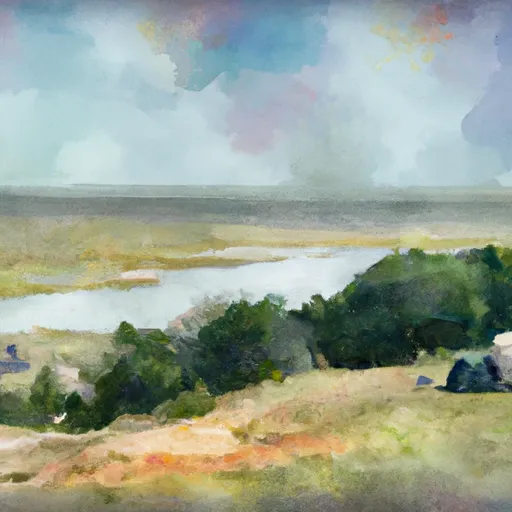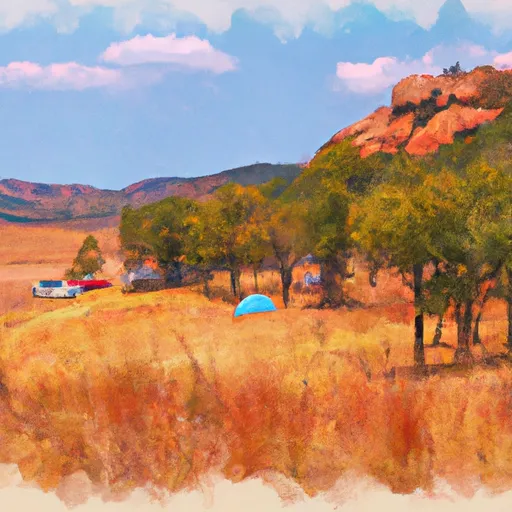Summary
With an elevation of 2,464 feet, it stands as the highest point in the range. This majestic mountain offers breathtaking views of the surrounding landscape and attracts mountaineers and outdoor enthusiasts from all over the world.
During the winter season, Mount Scott experiences a moderate snowpack range. Snowfall in the area can vary, but typically ranges from 10-15 inches, creating ideal conditions for winter activities such as snowshoeing and cross-country skiing. The mountain's unique location in the Plains allows for a diverse range of wildlife to thrive, including mule deer, elk, and various bird species.
Mount Scott's runoff feeds into several creeks and rivers in the surrounding area, contributing to their water supply. Among these rivers, the most notable is the Medicine Creek, which flows through the picturesque valleys at the base of the mountain. The presence of these water sources adds to the charm and natural beauty of the mountain, attracting not only mountaineers but also those seeking recreational activities such as fishing and camping.
The name "Mount Scott" has an interesting history. It is believed to have been named after General Winfield Scott, a prominent military figure in the mid-1800s. General Scott played a crucial role in various military campaigns and was known for his contributions during the Mexican-American War. His name was bestowed upon this magnificent peak as a tribute to his service. This rich history and the legends surrounding Mount Scott make it a must-visit destination for outdoor enthusiasts and history buffs alike.
°F
°F
mph
Wind
%
Humidity

 Lake Elmer Thomas Military - Fort Sill
Lake Elmer Thomas Military - Fort Sill
 Robinsons Landing - Lake Lawtonka
Robinsons Landing - Lake Lawtonka
 East Side - Lake Lawtonka
East Side - Lake Lawtonka
 Doris Campground - Wichita Mts NWR
Doris Campground - Wichita Mts NWR
 Doris Camp
Doris Camp
 Medicine Creek RV Military - Fort Sill
Medicine Creek RV Military - Fort Sill